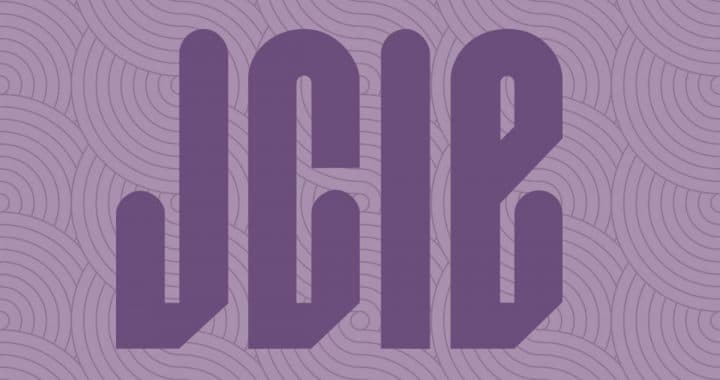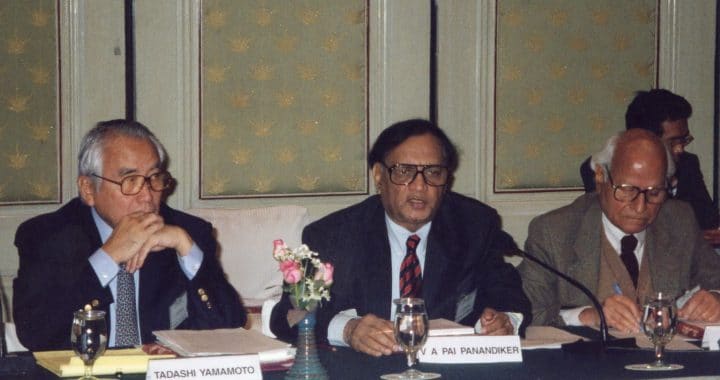Guidance for Governance: Comparing Alternative Sources of Public Policy Advice

Beginning in 1999, JCIE and the Brookings Institution initiated a comparative assessment of the state of alternative sources of policy advice in eight democratic countries. Drafts of the papers were presented and discussed at a workshop held in Tokyo on May 28, 2000, as well as during one of the sessions at the Global ThinkNet Conference, held in May 2000.
India-Japan Policy Dialogue

The India-Japan Policy Dialogue was held on February 11–12, 2000, in New Delhi. Over 30 prominent researchers and leaders gathered to examine the future of India-Japan relations. Discussions focused on the domestic political and economic situations in each country; emerging global security scenarios; and ways to bolster India-Japan cooperation in the economic, trade, and cultural fields.
International Cooperation by Local Governments in Europe

This project involved interviews with local and national government institutions in five European countries to ascertain the state of cooperation between local governments and NPOs in promoting cooperation with developing countries, the relationship between local governments and government funding agencies, and the ODA strategy toward local governments.
Israel-Japan Intellectual Exchange Program

From 1993 to 2004, JCIE carried out a bilateral intellectual exchange program with Israel to examine pressing concerns of mutual concern to the two countries.
Joint Research Project: Promoting University-Based Lectures and Research on Civil Society

In 2003, a preliminary survey of US university research centers focusing on civil society was conducted, followed by a workshop in Tokyo on January 22, 2004. At the workshop, scholars, practitioners, and other individuals from the university sphere and civil society sector discussed issues and questions to be addressed in the research.
Korea-Japan Joint Committee for Promoting History Studies

JCIE served as the Japanese secretariat for the Korea-Japan Joint Committee for Promoting History Studies, an initiative agreed upon at a 1997 summit between Japanese Prime Minister Ryutaro Hashimoto and Korean President Kim Young-Sam. The Committee was launched in July 1997 with the goal of finding effective ways to enhance studies of history in the two countries.
Keio University Shibusawa Ei’ichi Memorial Lectureship

The Shibusawa Ei’ichi Memorial Lectureship was established at Keio University in 2004 with the sponsorship of the Shibusawa Ei’ichi Memorial Foundation, to be held each year for five years. This for-credit course organized by JCIE consisted of a series of lectures that dealt with the redefinition of the public good and the role of civil society.
Managing China-Japan-US Relations and Strengthening Trilateral Cooperation

In 2007, JCIE launched a study and dialogue project aimed at developing a deeper understanding of the complex dynamics of the China-Japan-US trilateral relationship, identifying the issues central to managing stable and cooperative relations, and examining ways of promoting more meaningful cooperation on key challenges.
New Perspectives on US-Japan Relations

In 1998, JCIE launched a research project, led by Professor Gerald Curtis of Columbia University, that attempted to address how US and Japanese national interests intersect in terms of the economic, political, and security issues facing post–cold war East Asia, as well as in the context of globalization.
Northeast Asia Cooperation Dialogue

The Northeast Asia Cooperation Dialogue (NEACD) was launched in 1993 and JCIE served as Japan secretariat in 2005 and 2006. The 17th meeting drew intense media attention and examined national perspectives on regional security, issues related to nuclear verification, and prospects for Track 1 and Track 2 diplomacy.
